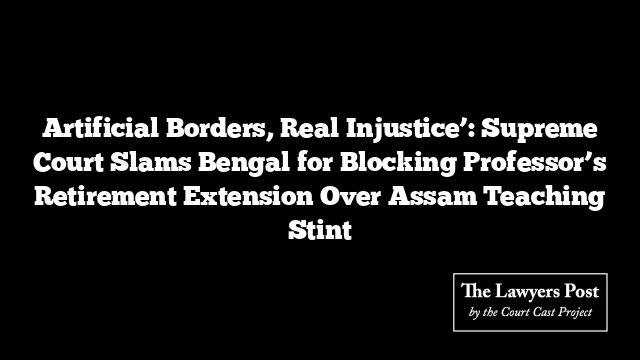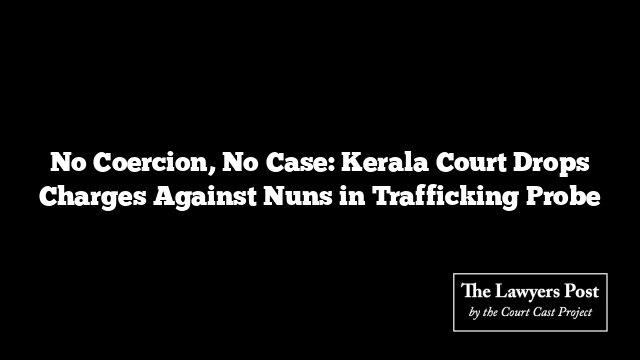A misplaced reading of its own policy has landed the State of West Bengal on the wrong side of constitutional principles—again. This time, it was a professor who paid the price, denied his rightful extension of service past retirement age simply because some of his teaching years were logged outside state lines.
In a stinging verdict delivered on Wednesday, the Supreme Court came to the rescue of Professor Yash Mittal, whose 14 years of teaching in West Bengal, combined with an earlier 16-year stint in Assam, were inexplicably deemed insufficient to qualify for the state’s 65-year retirement rule. Why? Because West Bengal chose to discount every year he taught beyond its territorial ego.
The bench, comprising Justices PS Narasimha and Manoj Misra, dismantled the flimsy classification crafted by the state and its university. “To insist on 10 years of teaching experience solely within West Bengal when an individual has already served the state for 14 years is not only arbitrary—it is legally indefensible,” the Court noted.
At the heart of the dispute is a 2021 notification allowing professors in state-aided institutions to serve until 65, provided they’ve spent a decade teaching in such colleges. Nowhere does the notification suggest that such experience must be confined to West Bengal. But the state read what wasn’t there and ignored what was.
The professor’s journey began in Assam, where he spent 16 years teaching before moving to West Bengal in 2007. By 2021, he had completed well over a decade of total service in academia, yet his extension was denied on the grounds that his Assam years didn’t count.
The High Court’s single bench had initially ruled in his favour. But a division bench reversed that ruling, forcing the matter to escalate to the Supreme Court.
There, the apex court refused to tolerate such a “suspect classification.” It found no rational link between restricting the retirement extension to in-state experience and any goal of administrative efficiency. “It is a classic case of parochialism dressed up as policy,” the bench remarked.
Referencing earlier rulings such as J.S. Rukmani v. Govt. of T.N. and Harshendra Choubisa v. State of Rajasthan, the Court emphasized that arbitrary classifications without legitimate state interest cannot stand.
The verdict wasn’t just about one man’s career—it sent a sharp reminder to governments: state borders may define jurisdictions, but they cannot define fairness. In the words of the Court, “There is absolutely no material to show why teaching in West Bengal alone serves the purpose of the extension. Nothing but a narrow, exclusionary interpretation masquerading as administrative logic.”
With the ruling, the Court has not only reinstated Professor Mittal’s right to continue serving but also drawn a clear line—experience, not geography, should guide decisions about who gets to teach, and for how long.




